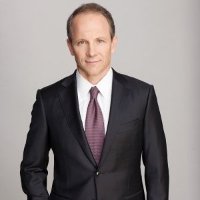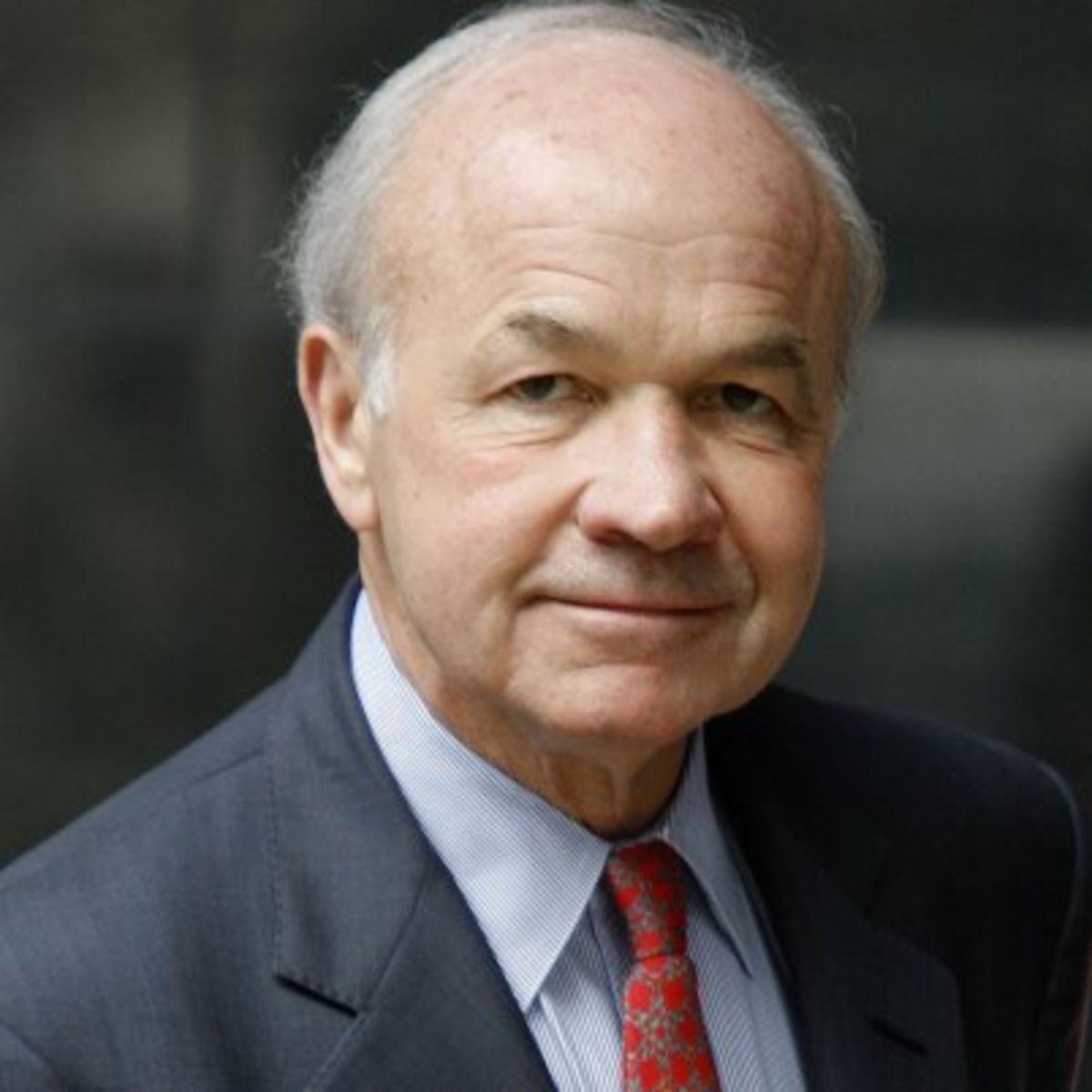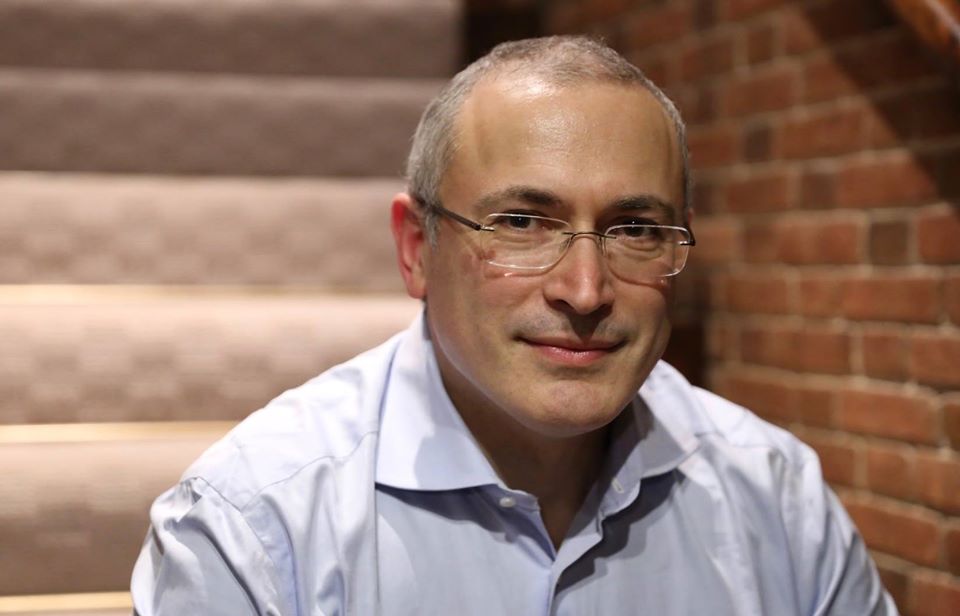 Even when it is on the right side of an issue, the Chronicle reminds us of its failings.
Even when it is on the right side of an issue, the Chronicle reminds us of its failings.
As noted earlier here, it has become fashionable among the Old Media to support the recent decision of the Justice Department to request dismissal of the criminal case against former Alaska senator Ted Stevens because of the DOJ’s misconduct in handling the prosecution. The Chronicle chimed in last week with this self-righteous editorial.
Of course, for anyone paying attention, prosecutorial misconduct by the DOJ is not unusual. U.S. District Judge Lewis Kaplan sanctioned the DOJ by dismissing indictments against 13 former KPMG partners. Federal prosecutors in Miami are in hot water with a federal judge there over abusive tactics in a criminal drug case against a local doctor. There even appears to be a connection between the prosecutorial misconduct in the Steven case and the dubious case against former Vice-Presidential aide, Scooter Libby.
As the always-insightful Larry Ribstein points out, could it be that there are agency costs in managing corporate criminal prosecutions just as there are in managing corporations? Along the same lines, Doug Berman suggests that an insidious culture within the DOJ has produced the abuse of power.
But the most galling aspect of the Chronicle’s emergent awareness of abusive state power is that it has virtually ignored the egregious examples of prosecutorial misconduct in its own hometown, particularly in the case against Jeff Skilling that resulted in a barbaric and indefensible 24-year prison sentence.
As conflicted publications such as the Wall Street Journal promoted Enron myths and the demonization of Enron executives, the Chronicle could have provided a valuable public service by providing balanced reporting and analysis of what really caused Enron’s demise and how such a company can be better-structured to survive in even the most adverse market conditions. When clear evidence of prosecutorial misconduct emerged early in the Enron-related criminal cases, the Chronicle could have provided an even greater public service by taking a strong stand against such dangerous abuse of state power. It’s certainly not hard to find historical reminders of the injustice that results from such abuse.
So, what did the Chronicle do instead? It embraced the Enron Myth and led the mob in demonizing Enron executives. From the beginning of the Enron-related criminal cases, the Chronicle editorial staff simply elected to ignore mounting evidence of prosecutorial misconduct in favor of the easier approach of leading the angry mob. The Chronicle’s coverage of the Skilling prosecution was so inflammatory and biased that the Fifth Circuit Court of Appeals made the highly unusual finding that the Chronicle created a presumption of community prejudice against Skilling (see pp. 41-45 of the Fifth Circuit decision).
Even now, despite the legacy of prosecutorial misconduct in the Enron-related criminal cases and the fact that what happened to Enron has now happened to many big Wall Street firms, the Chronicle stubbornly clings to the Enron Myth and refuses even to acknowledge that the evidence of prosecutorial abuse in the Enron-related cases is worse than what caused the dismissal of the Stevens case.
As with most Old Media newspapers these days, the Chronicle is struggling to survive. Winning that first Pulitzer Prize sure would sure provide a boost to the Chronicle’s flagging spirits.
Wouldn’t it be the ultimate irony if the decision to lead the angry mob against Enron distracted the Chronicle from a truly enthralling story of prosecutorial misconduct that could have won the newspaper that elusive Pulitzer?








